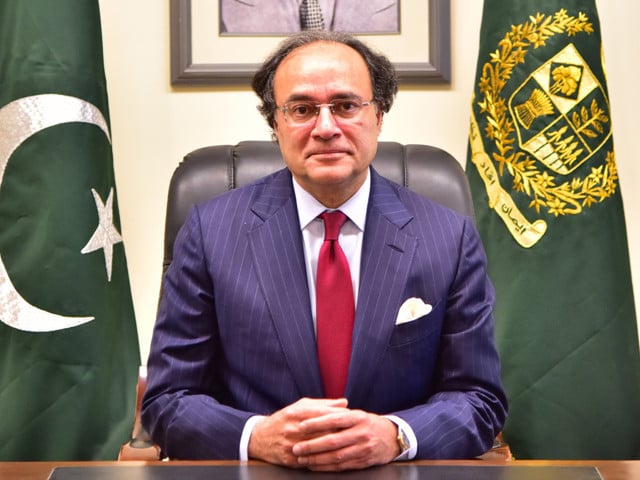Pakistan is shifting its economic approach from being aid-dependent to investment-led, as Finance Minister Mohammad Aurangzeb emphasized during a recent event hosted by the IMF. Speaking on structural reforms necessary for sustainable growth, he outlined key areas including expanding the tax base, energy sector reforms, and privatization of state-owned enterprises (SOEs). He stressed that without correcting the country’s energy equation and bringing untaxed sectors into the tax net, Pakistan would continue to face economic instability.
Aurangzeb reiterated the government’s commitment to facilitating private-sector-led growth, saying that the state’s role should be limited to providing a stable policy framework, while the private sector takes the lead in business and economic activities. He also indicated that legislation is being prepared to eliminate the term “nonfiler” to ensure better tax compliance and enforcement.
On expenditure reforms, Aurangzeb highlighted that loss-making SOEs are being moved into the privatization pipeline. The government also plans to reduce its size by not filling 150,000 federal vacancies, with a significant impact on the national budget. He noted that unfunded pension liabilities remain a critical issue for the country.
The finance minister also shared encouraging news regarding debt reprofiling talks with China, specifically related to Pakistan’s Belt and Road Initiative (BRI) debt. Discussions are in the early stages, but China’s response has been positive. Pakistan has already managed to roll over $16 billion of its $26 billion debt due in the current fiscal year, thanks to support from partners like China.
Aurangzeb underscored Pakistan’s commitment to maintaining financial discipline, aiming to increase the tax-to-GDP ratio from below 10% to 13.5%. The government is shifting its focus to previously undertaxed sectors such as retail, real estate, and agriculture, moving away from the salaried class as the primary tax base.
During his engagements with global financial institutions, including the International Finance Corporation (IFC), Aurangzeb discussed several key projects, including the privatization of electricity distribution companies (DISCOs) and the evaluation of bids for Islamabad Airport. He invited IFC Managing Director Makhtar Diop to visit Pakistan for further collaboration.
Aurangzeb also participated in the Vulnerable Twenty (V20) Ministerial Dialogue, emphasizing Pakistan’s efforts to develop a Climate Prosperity Plan. He called for reforms in global finance to make debt work for climate action and urged multilateral development banks to expand grant opportunities and concessional financing for climate-vulnerable countries. As the Second Vice Chair of the G-24 Bureau for 2024-25, he reiterated the need for greater representation of developing countries in Bretton Woods institutions and called for collective action to address the challenges of climate change, high debt burdens, and population growth in developing economies.
To Keep Updated Visit & Follow our Facebook Page Or Our Website




